It is estimated that virtual reality will have a significant impact on children as VR provokes similar responses to real experiences; it can be beneficial or harmful depending on the content.
Photo: Flickr
When we were young, many of us had some TV viewing restrictions: “Don’t sit too close to the TV, it will ruin your eyes!” “If you do not eat vegetables, you won’t turn on the TV” “Turn that thing off, it’s time to study! Among many other parent sayings. We haven’t changed much. As adults, we keep limiting kids, as far as possible, tablets and smartphones usage. Nevertheless, how to supervise the use of technological devices in development, such as Virtual Reality, if we still do not understand it?
A recent survey conducted by the non-profit organization Common Sense, applied to parents, has unveiled some of our doubts regarding kid’s usage of Virtual Reality (VR) devices, as well as evidence of some of the concerns that parents have about this new technology.
Key findings
- It is estimated that virtual reality will have a significant impact on children as VR provokes similar responses to real experiences; it can be beneficial or harmful depending on the content.
- The side effects of prolonged use of VR devices in developing brains, in addition to health effects, are still unknown. Further research is critical.
- Currently, not many families have VR devices at home (21% in the case of the US). However, the study accentuates a growing desire in children to acquire one.
- It is likely that the characters represented in virtual reality have a more significant influence on children than those they see on television, computers, tablets or smartphones. In one experiment, a character from the American series Sesame Street caused more empathy in VR than its 2D version.
- Students frequently express more enthusiasm when learning with the support of VR devices than with other technology; however, there is no evidence that they embrace educational content better.
- VR can be a tool that fosters empathy in children. An investigation showed that when users embody an avatar in VR, their perspectives could diminish the implicit racial bias, invoke empathy towards people with color blindness and promote positive responses in virtual interactions in which an avatar needs help.
- Specialists suggest the moderation of RV content. Some virtual reality experiences can cause anxiety and instill fears in kids.
What do the parents think?
- 65% of parents surveyed do not think about buying an RV device in the near future.
- 43% think it is an appropriate technology for children under 13 years old.
- 60% are concerned about the possible health impact that the use of RV devices can cause.
- 62% believe that they will help improve the educational experience.
- 70% are concerned about pornographic and violent content; 67% are worried about the excessive use, and 61% think it can cause isolation.
There are still many questions to answer. Will some virtual reality experiences be harmful? Is it enough to moderate the content to take advantage of the benefits of this technology? Can VR improve education outcomes?
For more information, we invite you to download the Edu Trends report that the Observatory developed about Virtual Reality and Augmented Reality.
This article from Observatory of the Institute for the Future of Education may be shared under the terms of the license CC BY-NC-SA 4.0 
)
)
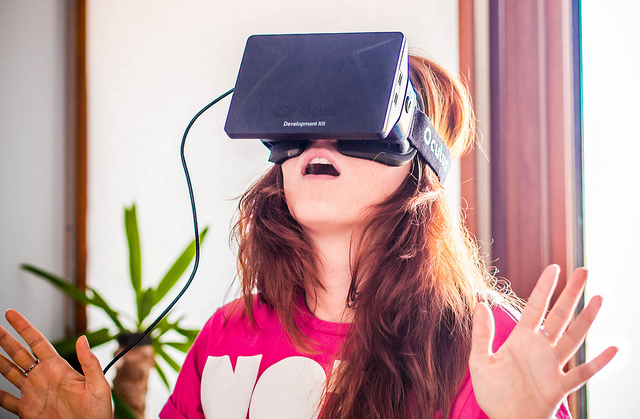
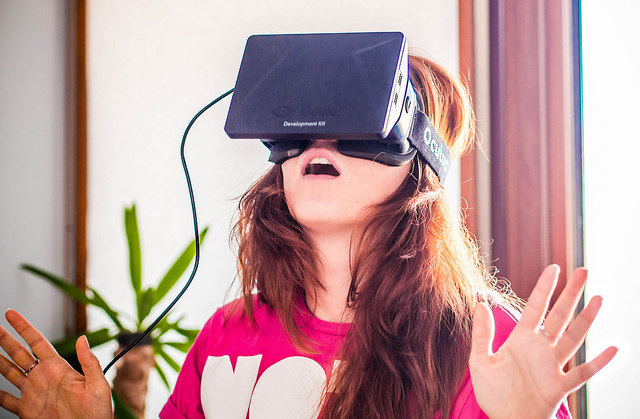
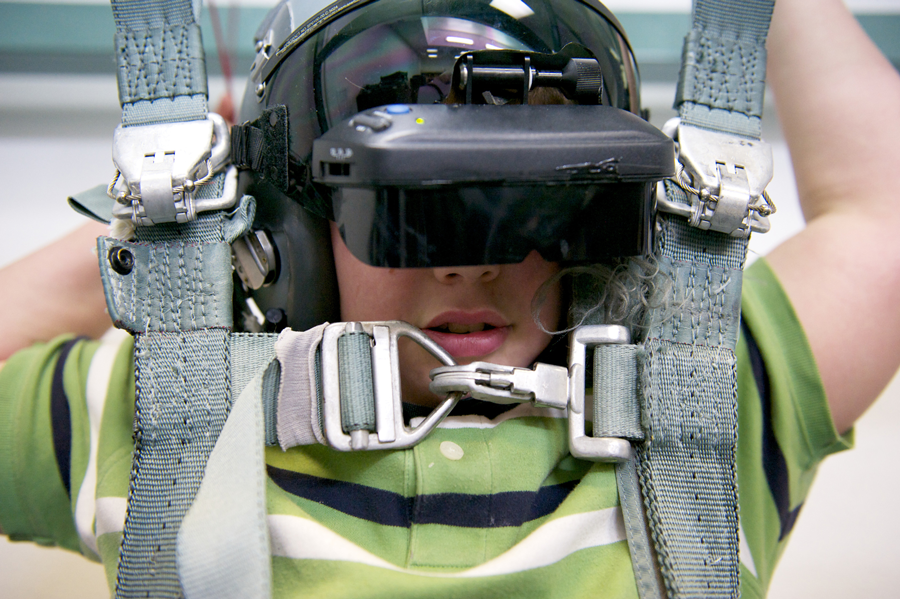

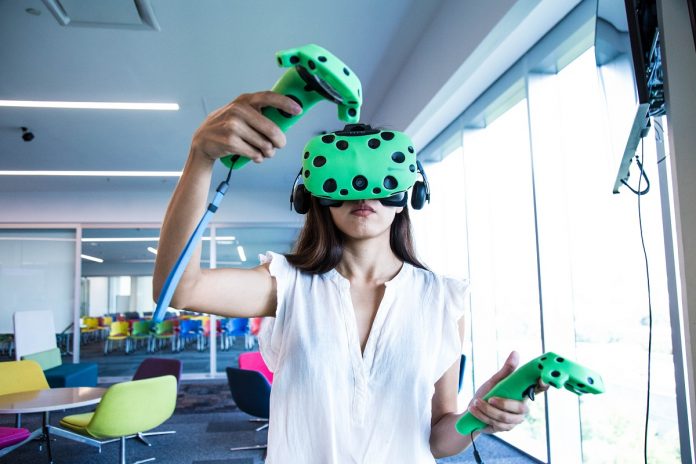
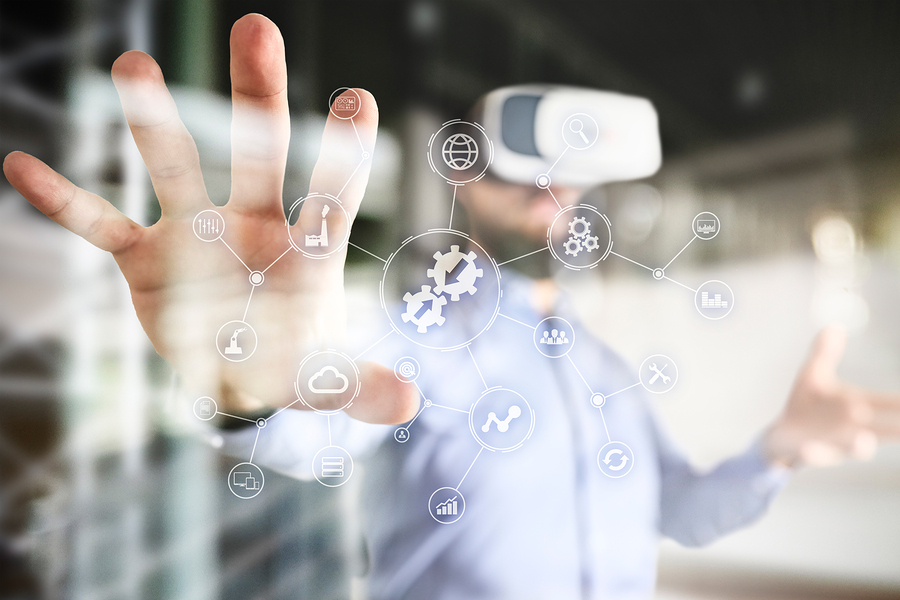
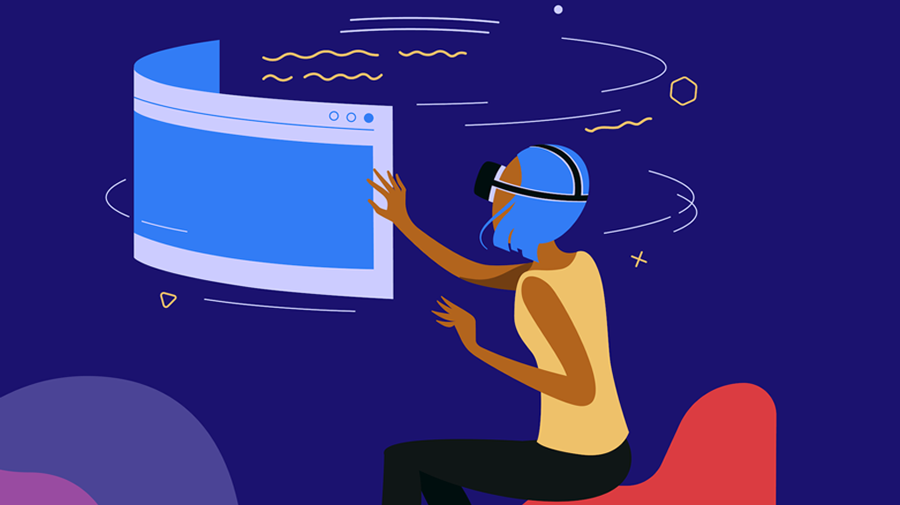

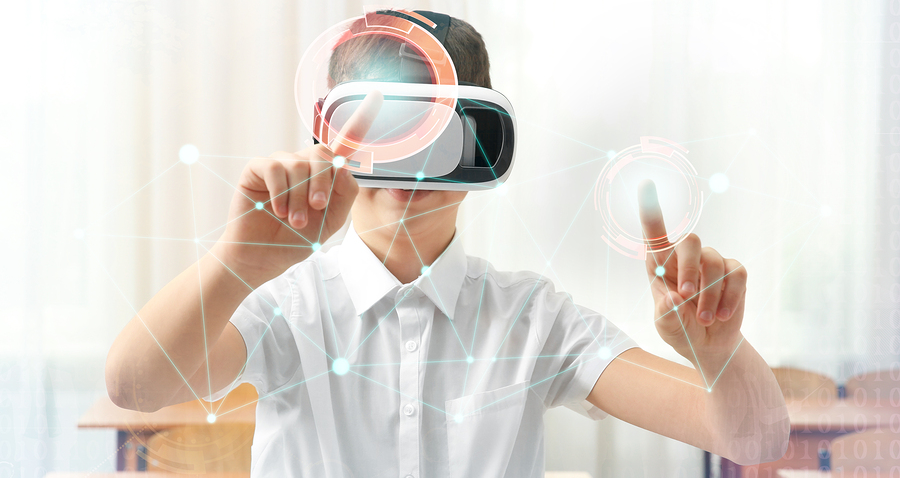
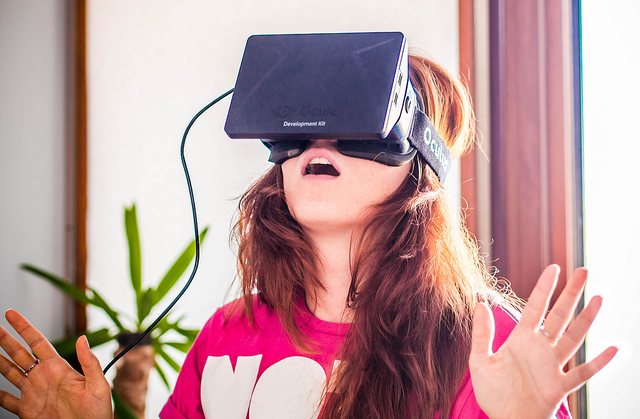
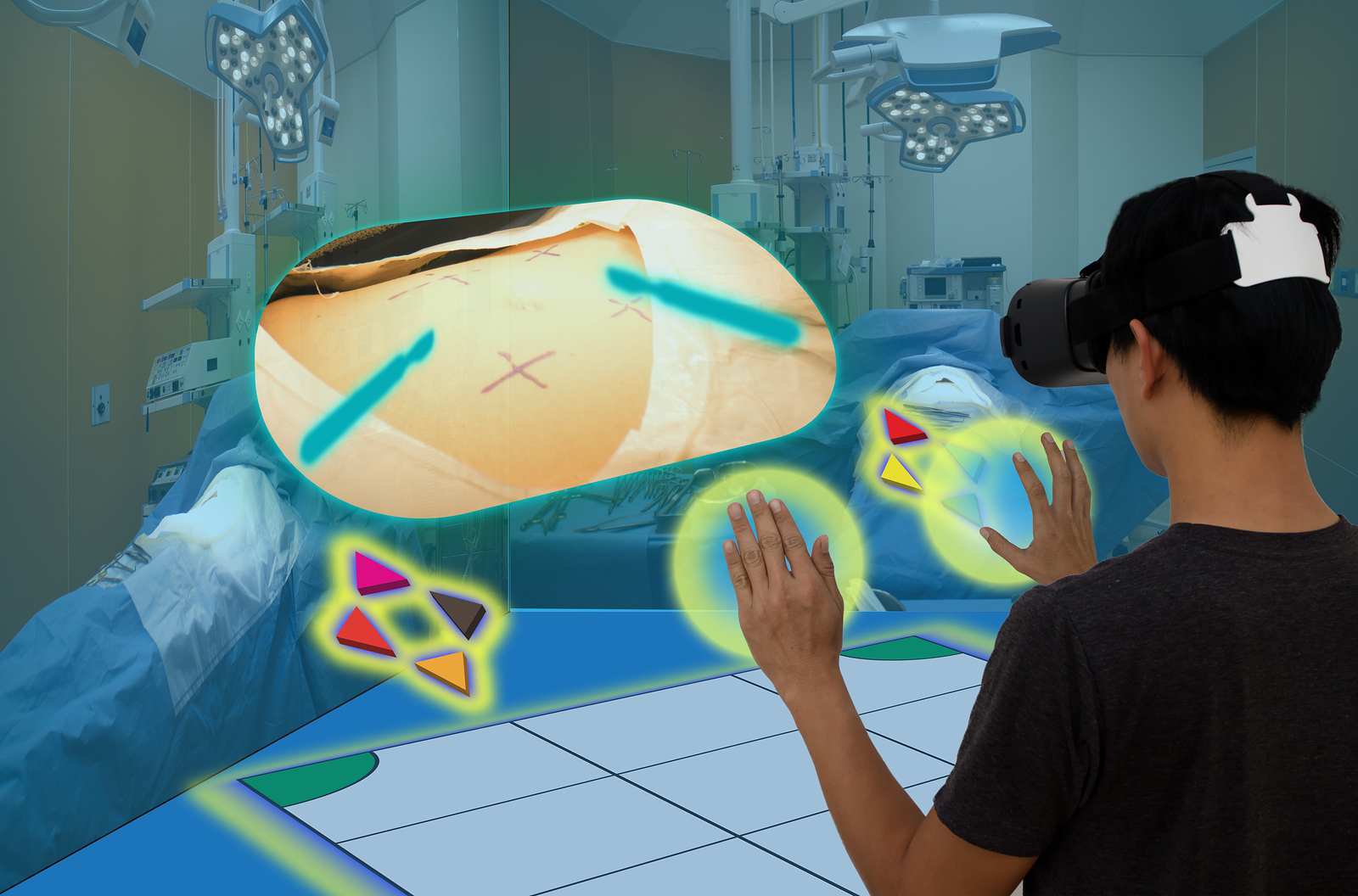

)
Sofía García-Bullé
Sofía García-Bullé
Sofía García-Bullé